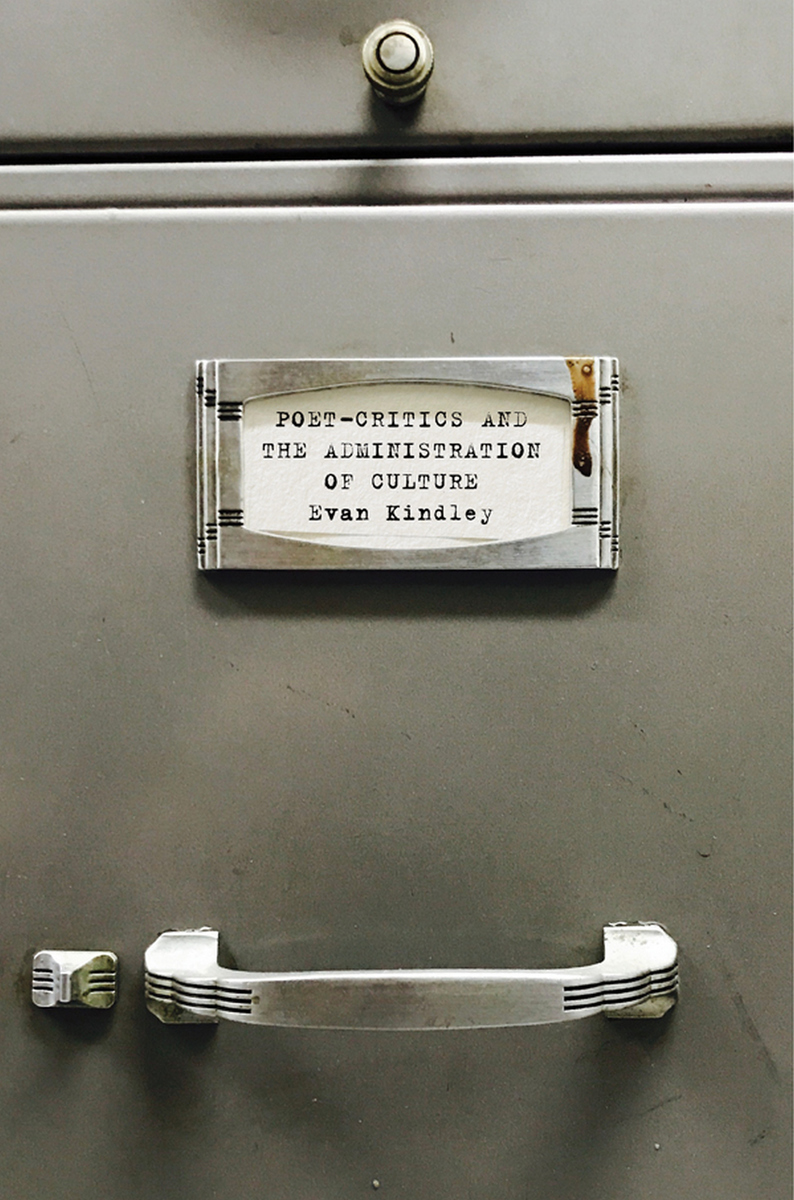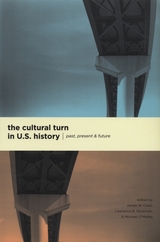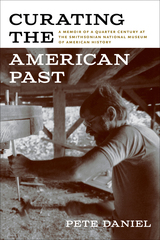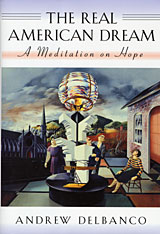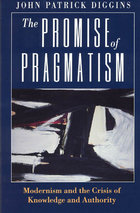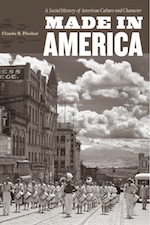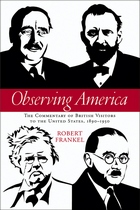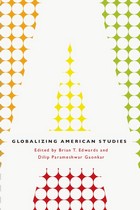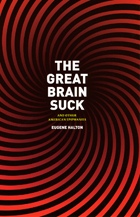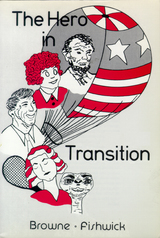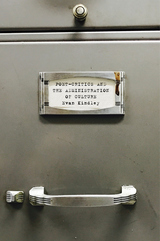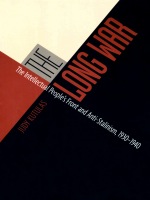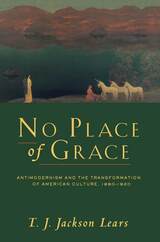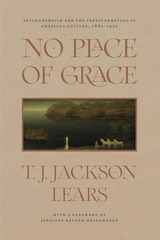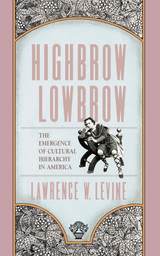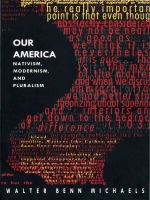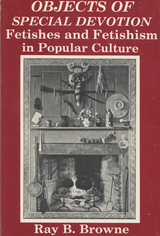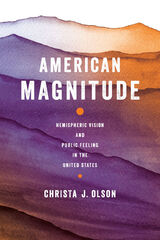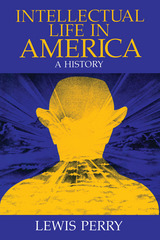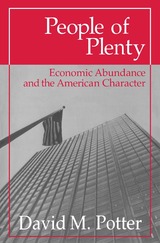With the stories of a handful of prominent modernist poet-critics, [Kindley] traces the shift in culture from the private stewardship of artists to their employment by academic institutions between the 1920s and ’50s…What Kindley’s excellent and thorough history shows us is that, more than anything else, writers have found a way to navigate the gap between the cultural importance of their work and a market that does not wish to fund it. Kindley has an innate understanding of the uncomfortable relationships between artists and the power structures that simultaneously bolster and diminish their projects. For all their individual difficulties and peculiarities, the historical figures who feature prominently in this story are treated, rightly, as people who wanted what was best for their art. Poet-Critics and the Administration of Culture reminds us that the systems that support writers did not change by themselves. Writers changed them, and if they see fit, maybe, they could change them again.
-- Bradley Babendir Los Angeles Review of Books
The importance of a distinctive set of critical arguments to Modernism has long been acknowledged. Kindley offers a fresh perspective by concentrating on the quite specific ways in which Modernist poet-critics came to find institutional berths—largely, but by no means exclusively, in university literature departments.
-- Ross Wilson Times Literary Supplement
It’s an insightful history, composed with an elegance of thought…Kindley fully inhabits the contingency of the past, using a handful of well-known poet-critic personas to tell the story of how contemporary poetry has become so wedded to the university…Poet-Critics and the Administration of Culture is an inventive and fascinating history with a value beyond its relevance to our present intellectual situation.
-- Scott Beauchamp New Criterion
Illuminating…[Kindley’s] book is an insightful look at a period in American culture when modernists went from being ‘bohemians, charged with clarifying byzantine avant-garde practices,’ to ‘civil servants, charged with reinforcing the ideals and institutions of American democracy.’
-- Publishers Weekly
We’ve seen a lot of attention to institutions of literature in the past few years, and Evan Kindley’s new study belongs near the top of that crop. Rather than telling us where we are today, how good we have it, or how bad things can get, Kindley uses a wonderfully mixed toolbag—close analysis of poems and essays, attention to ephemera, literary history and social theory—to tell us how we got here. Kindley shows why poets who were also critics and editors (and who defined themselves that way) became both lodestars, and inflection points, as three generations of U.S. modernism moved from aristocratic patronage (and little magazines) into philanthropy and the academic (and more little magazines). Readers will be rewarded not just with a story about institutions, told in clear, careful, and attractive prose, but also with respectful attention to the still-underrated Sterling Brown, with one of the best things I’ve read in a long while on Marianne Moore, and—not least—with models for this kind of work.
-- Steph Burt, author of The Poem Is You: 60 Contemporary American Poems and How to Read Them
A smart, original, compelling contribution to American literary history. The quarter century from 1930 to 1955 was the period of the modernist neither as patron nor as professor but as administrator, when a union was forged ‘between poetry, criticism, and bureaucracy.’ Evan Kindley’s book is a model of concision, presenting a largely new story about American letters in admirably crisp and readable fashion.
-- James English, University of Pennsylvania
Evan Kindley’s Poet-Critics and the Administration of Culture is a stylish, witty, and revealing study of changing cultures of modernist poetry from the 1920s to the 1950s. It adds an essential element to our knowledge of American writers’ relations to authority and patronage in the twentieth century.
-- Mark Greif, author of The Age of the Crisis of Man: Thought and Fiction in America, 1933–1973
With this brisk and brilliantly argued book Evan Kindley opens a whole new vista on the circumstances of American poetry at mid-century. To the well-known image of the creative writer as a wild man Kindley adds his mirror reversal, the poet-critic in the grey flannel suit. The result is a significant deepening of our sense of the importance of institutions in the unfolding of recent literary history.
-- Mark McGurl, Stanford University
This is an excellent book. Its real strength lies in the perceptiveness and sensitivity with which Kindley paints his portraits of important modernist and mid-century figures at crucial points in their development. Modernist studies and the history of criticism will both be much the better for it.
-- Joseph North, Yale University
Kindley’s finely-wrought insights into poetics; his attunement to periodization and institutionalization as continually in flux; and his close readings of pieces by T.S. Eliot, Marianne Moore, W.H. Auden, Archibald MacLeish, and Sterling Brown are all rigorous, producing fresh takes on what he convincingly portrays as the overlooked interwar stage of modernism’s relationship to shifting institutions of American culture.
-- Laura Vrana Journal of Modern Literature
